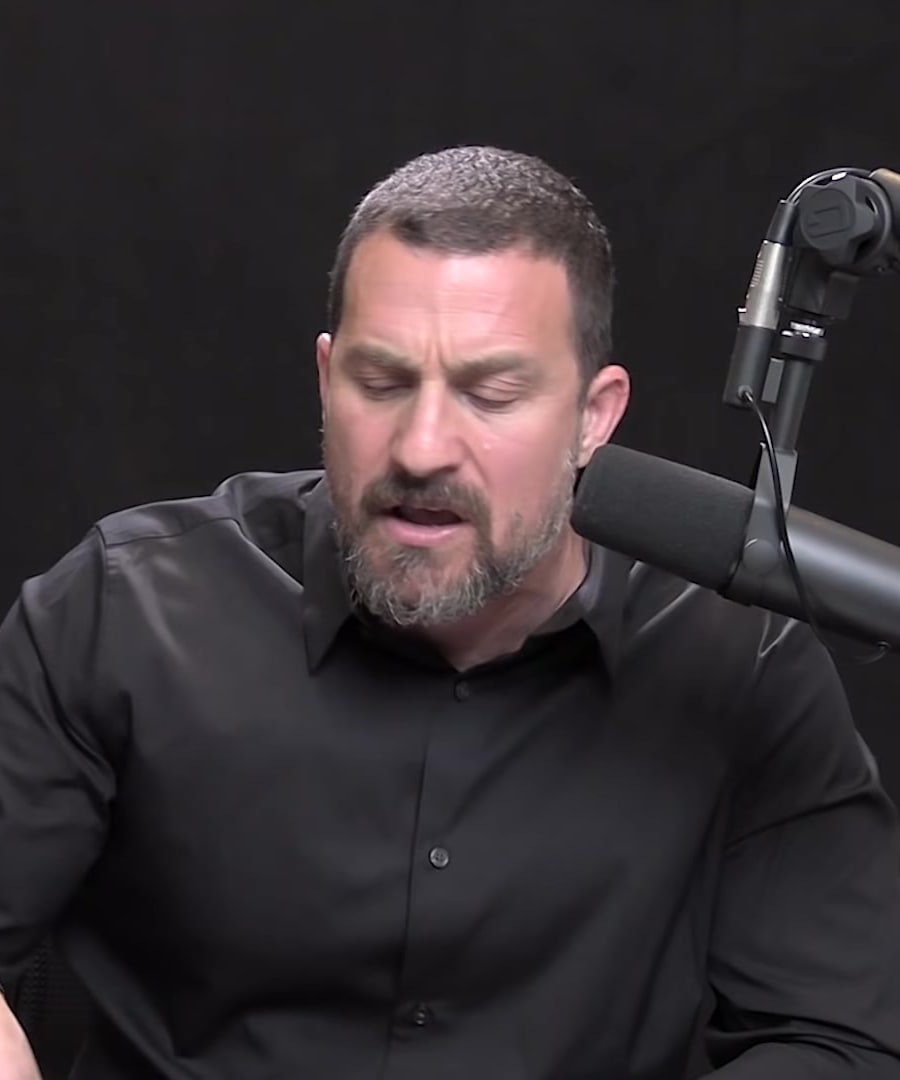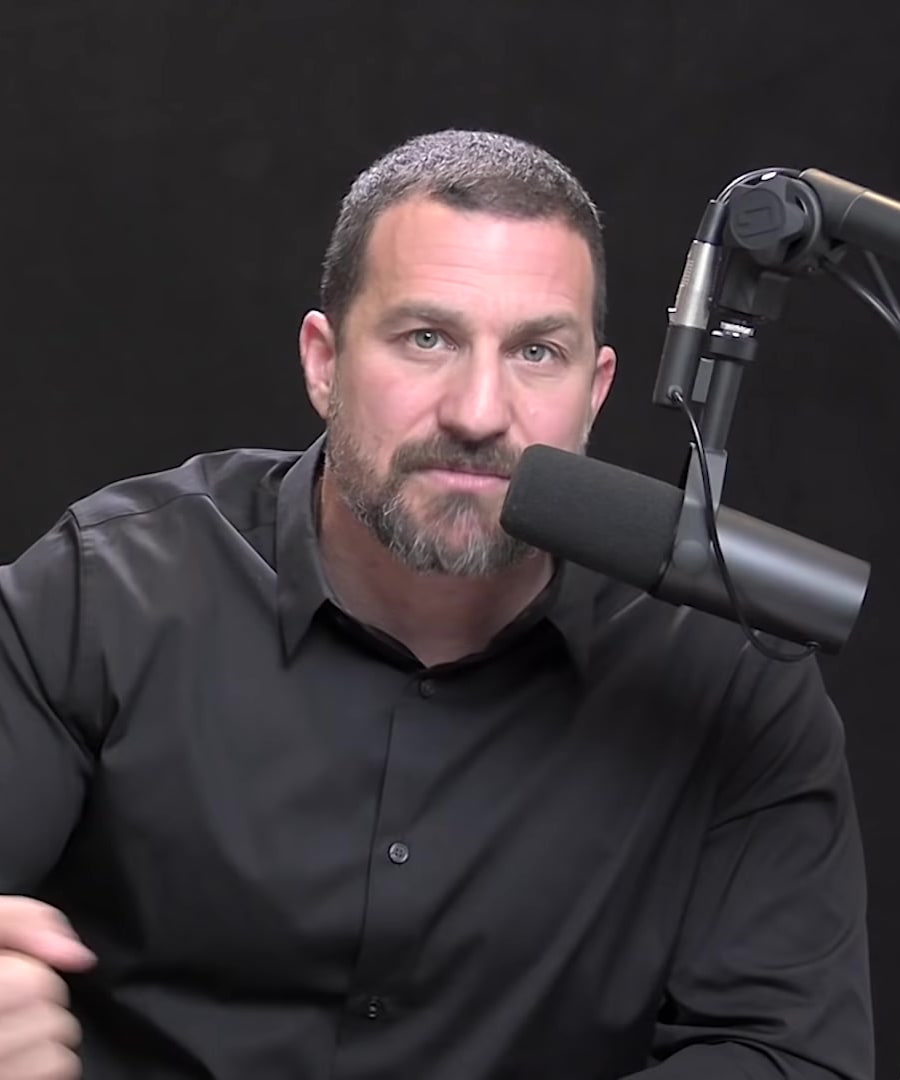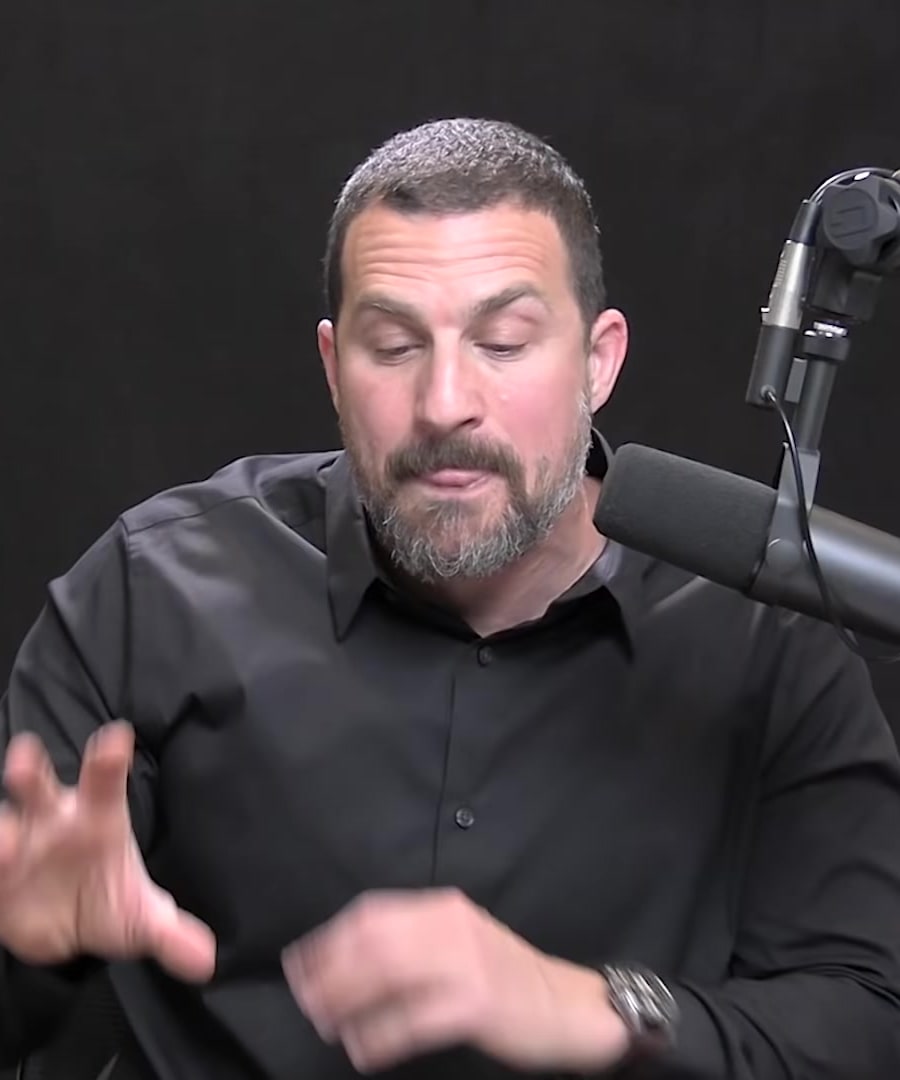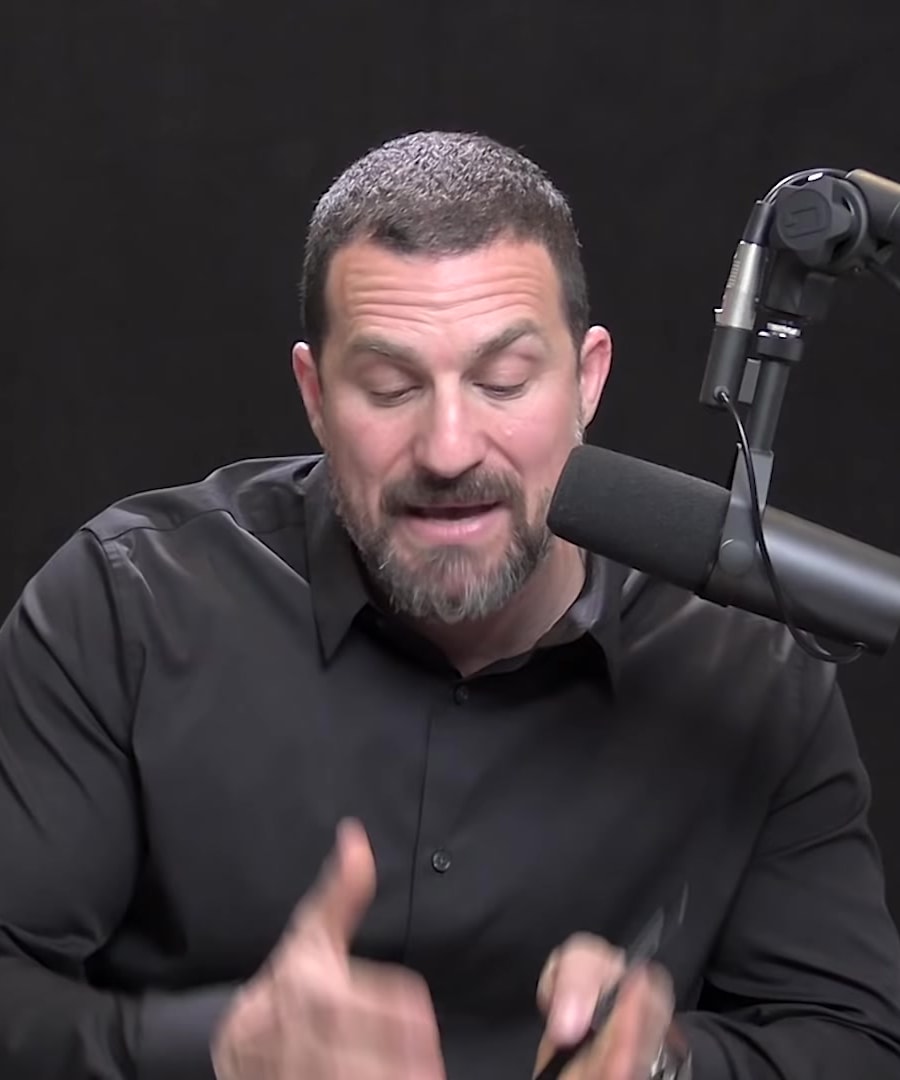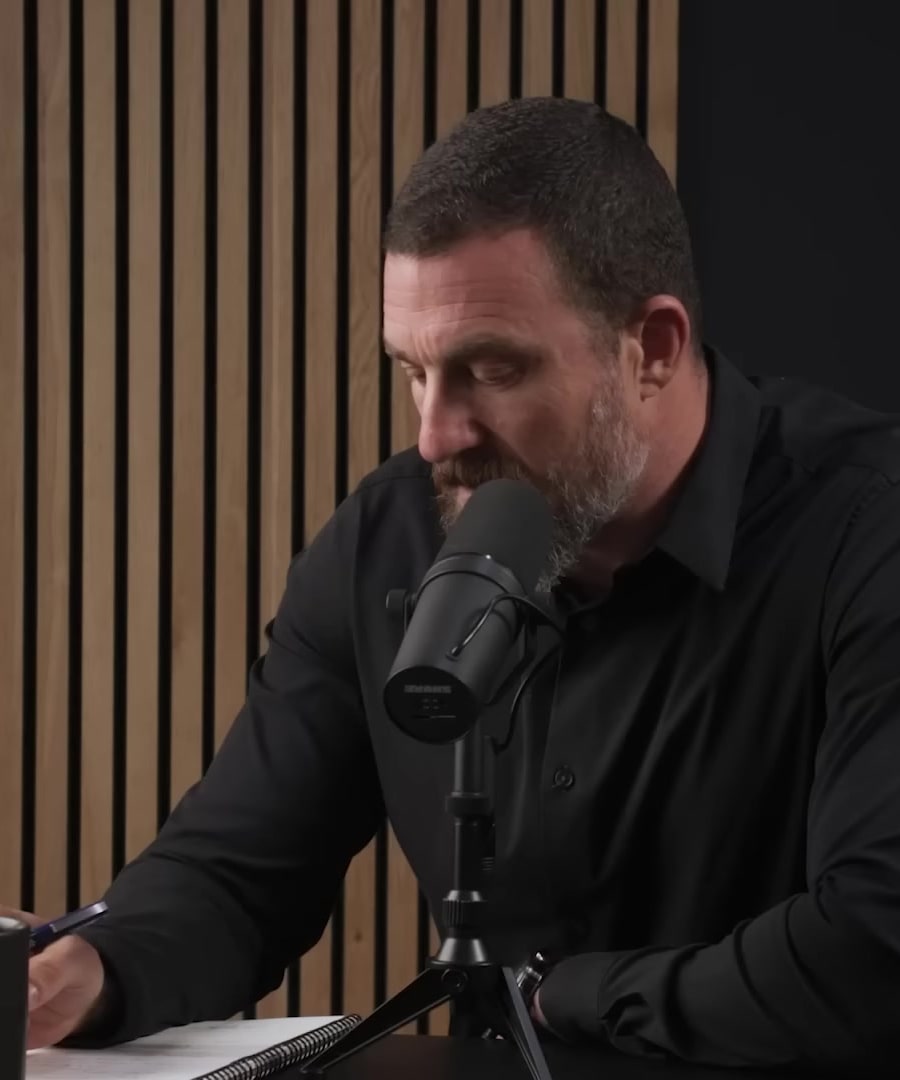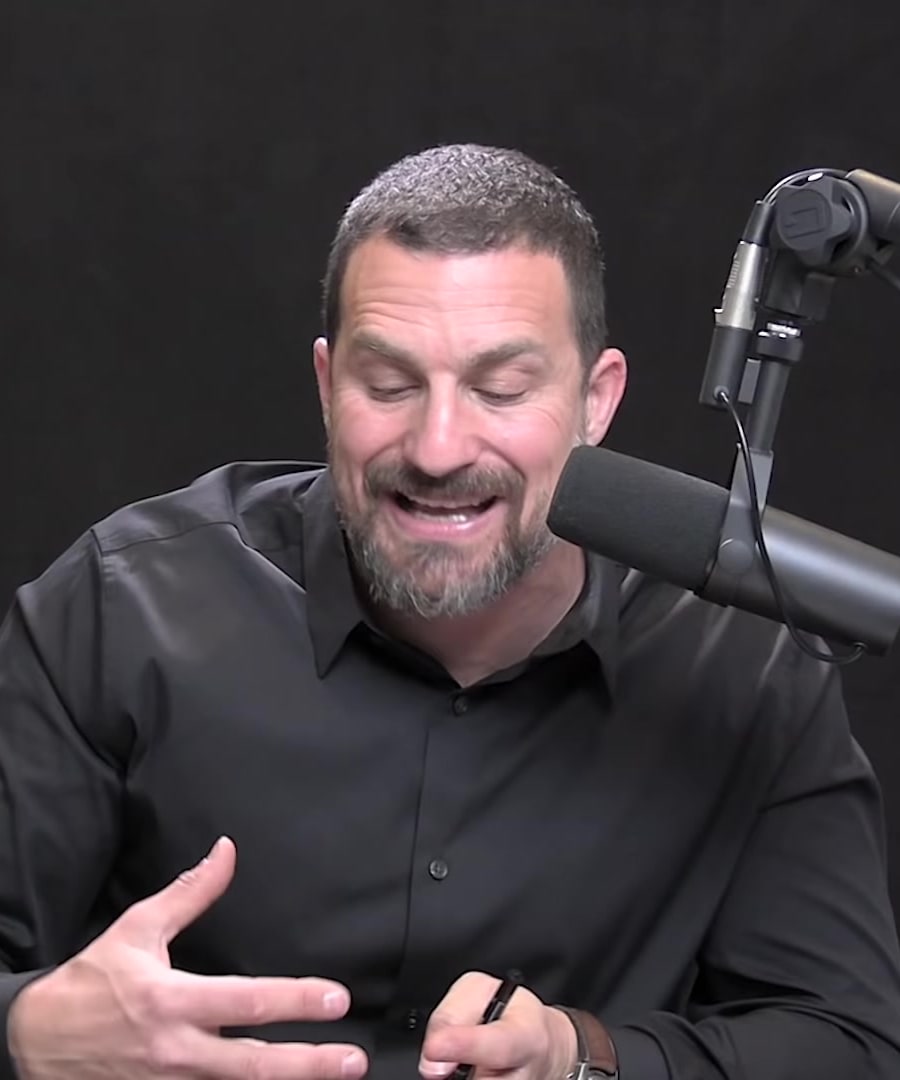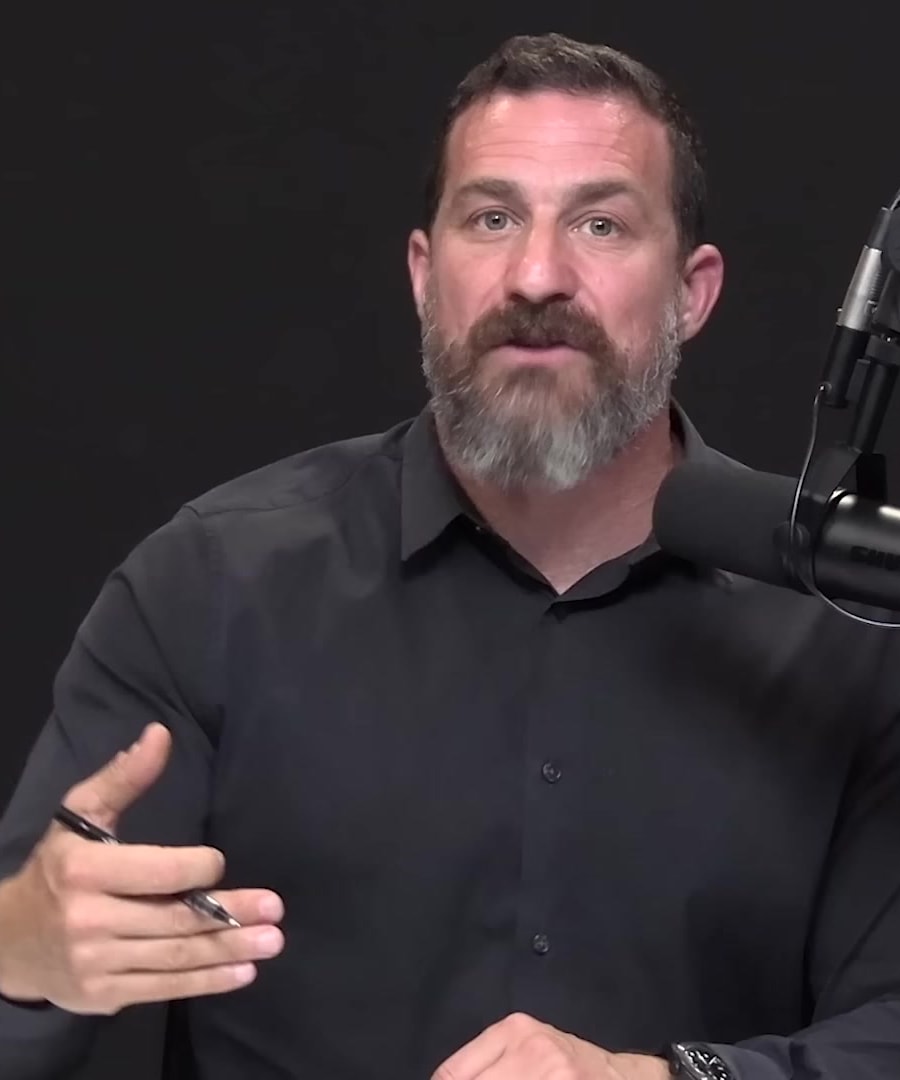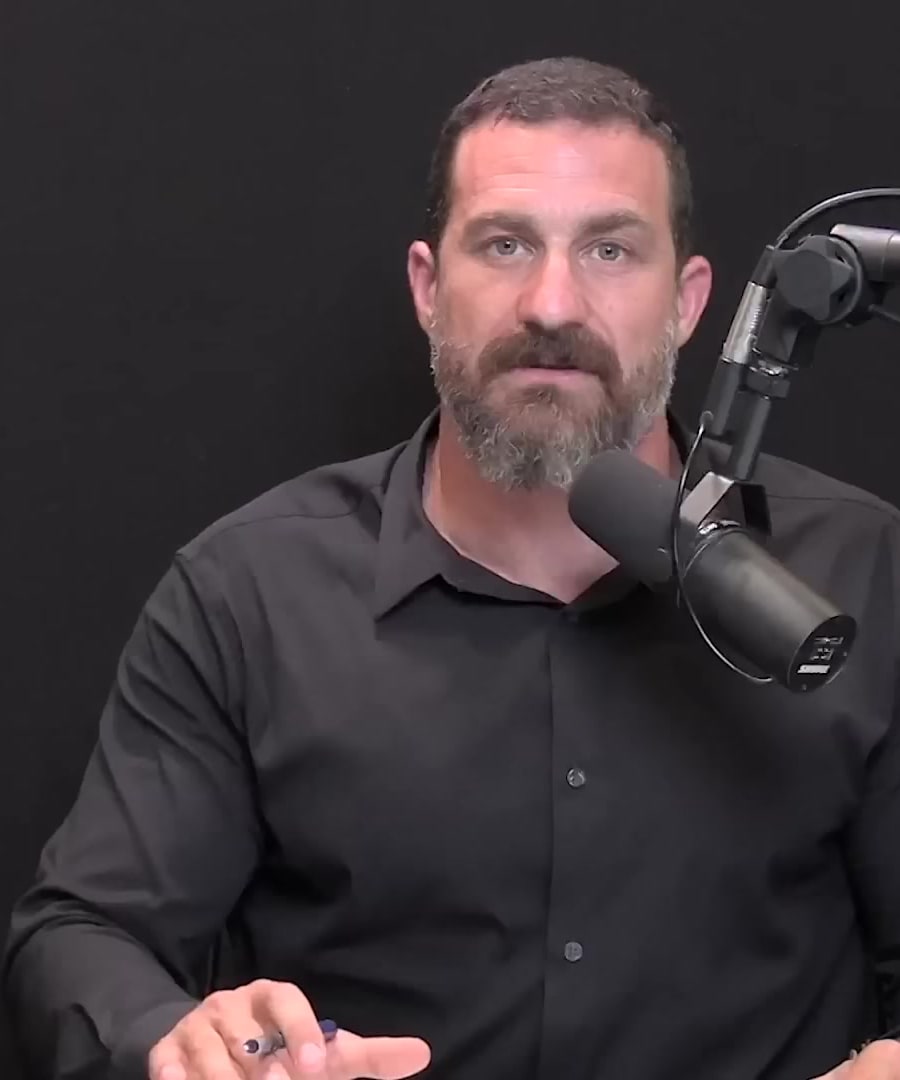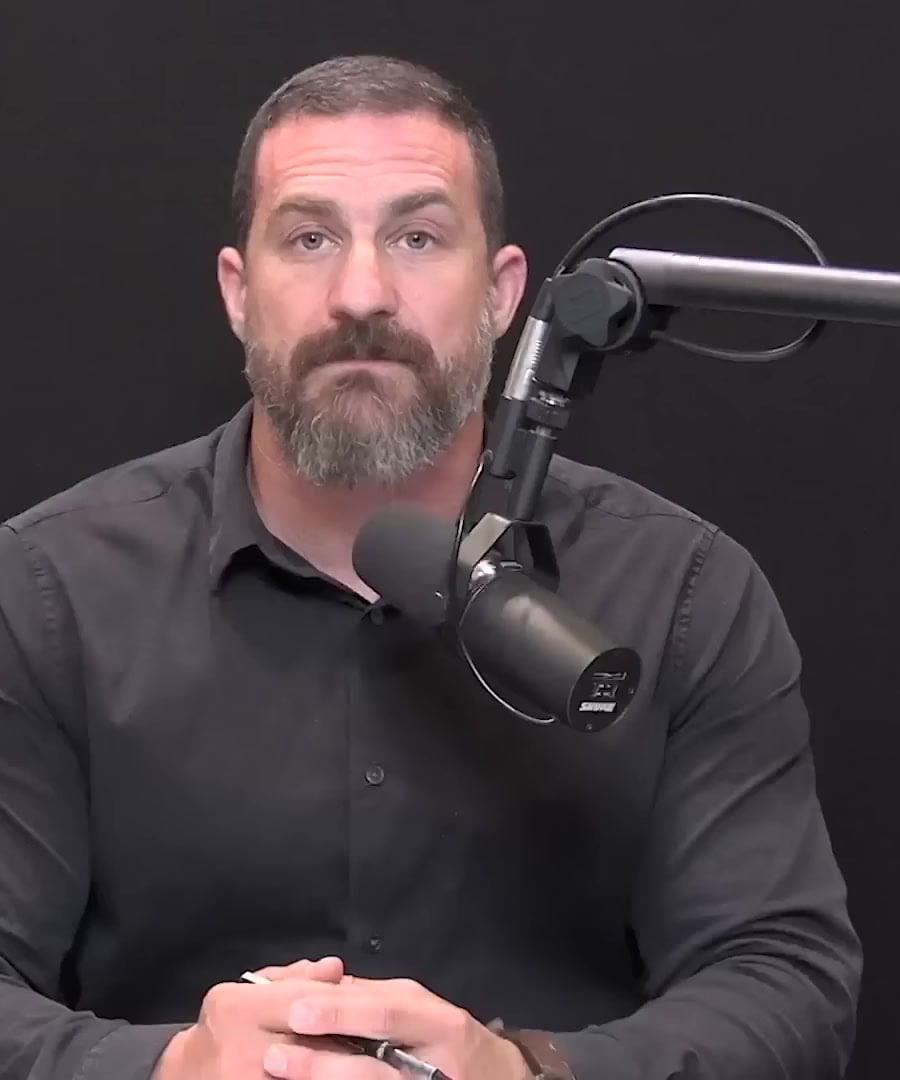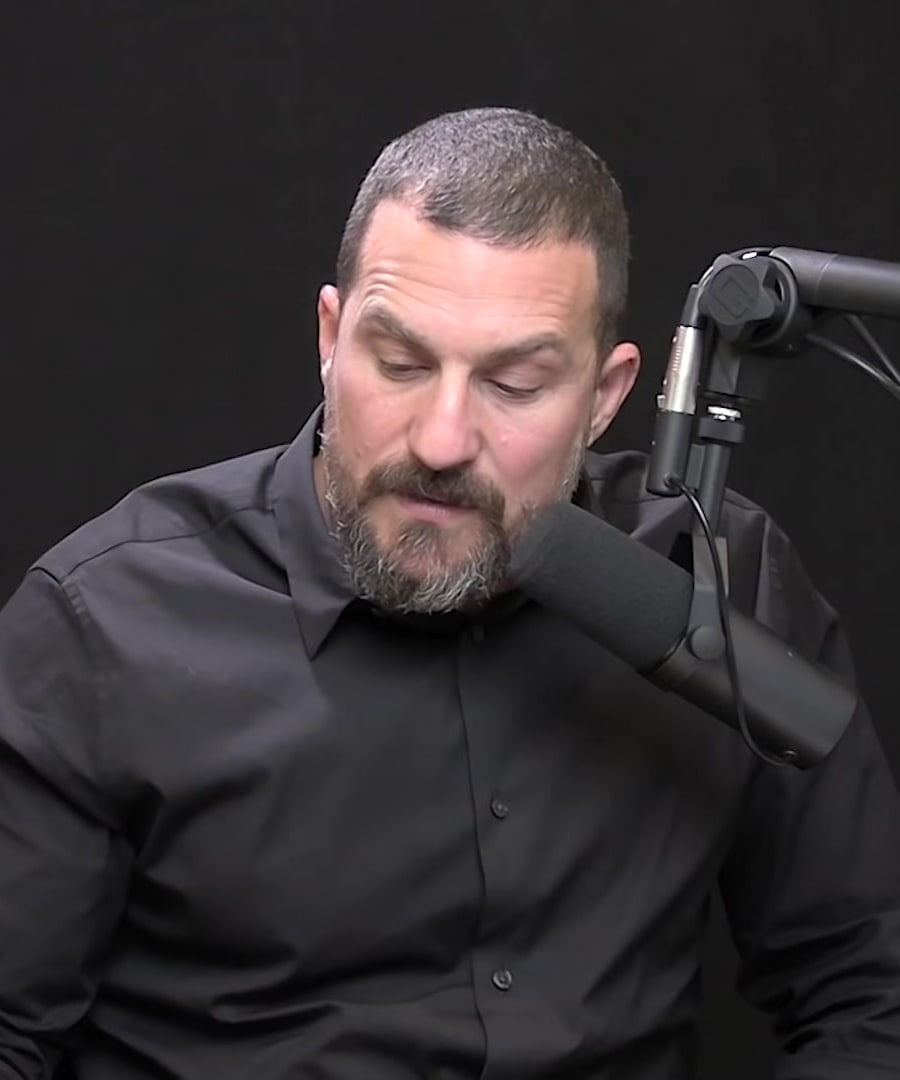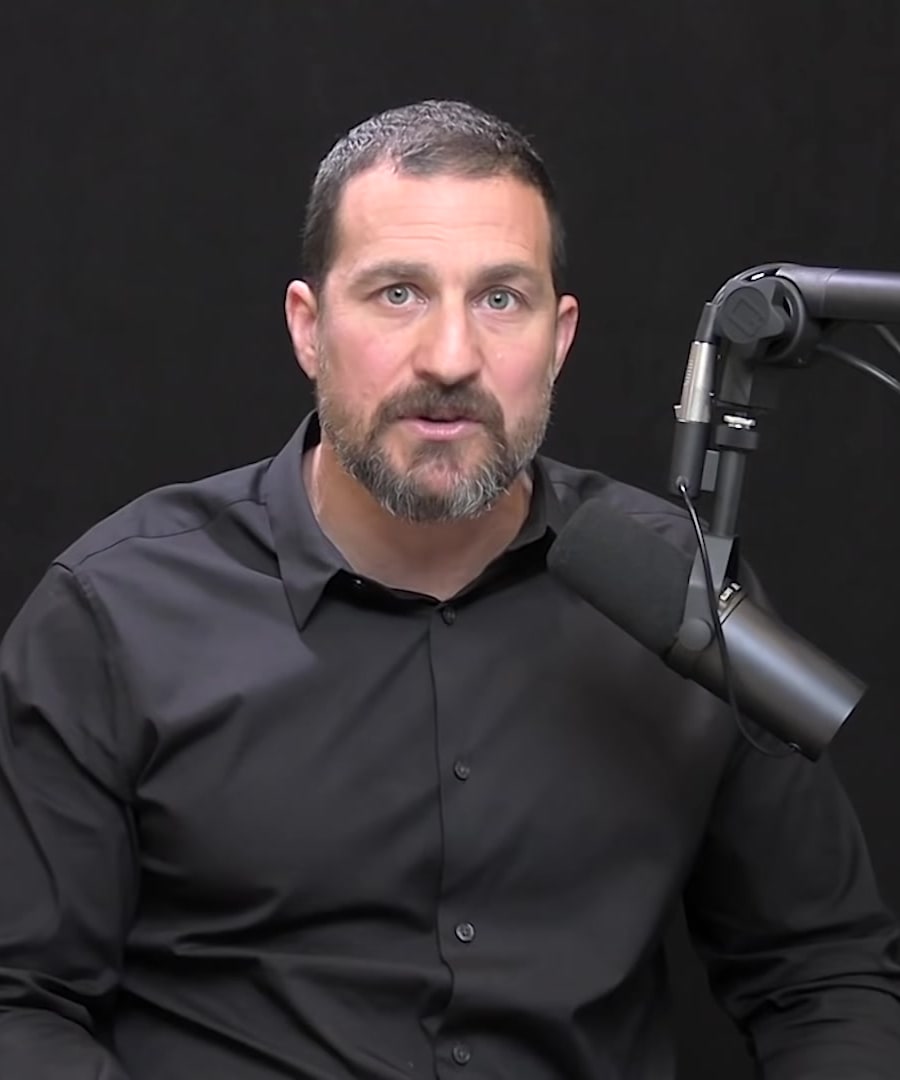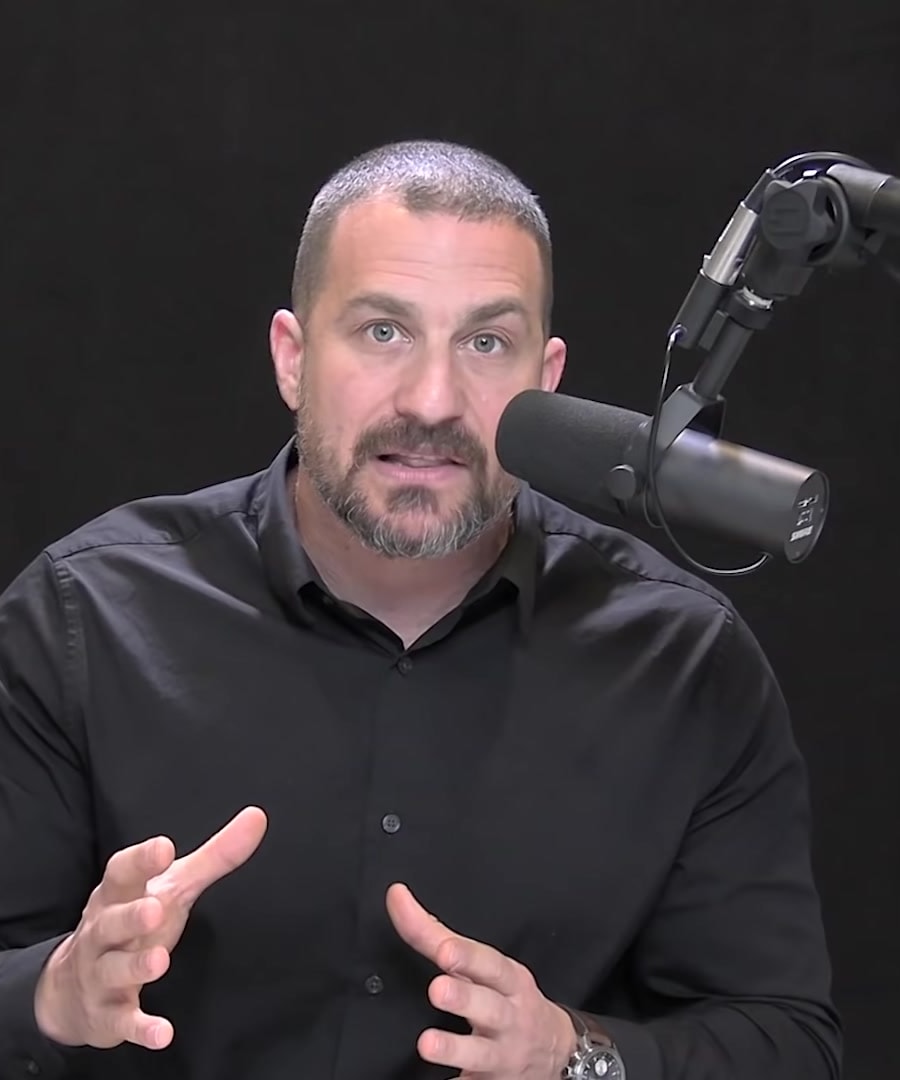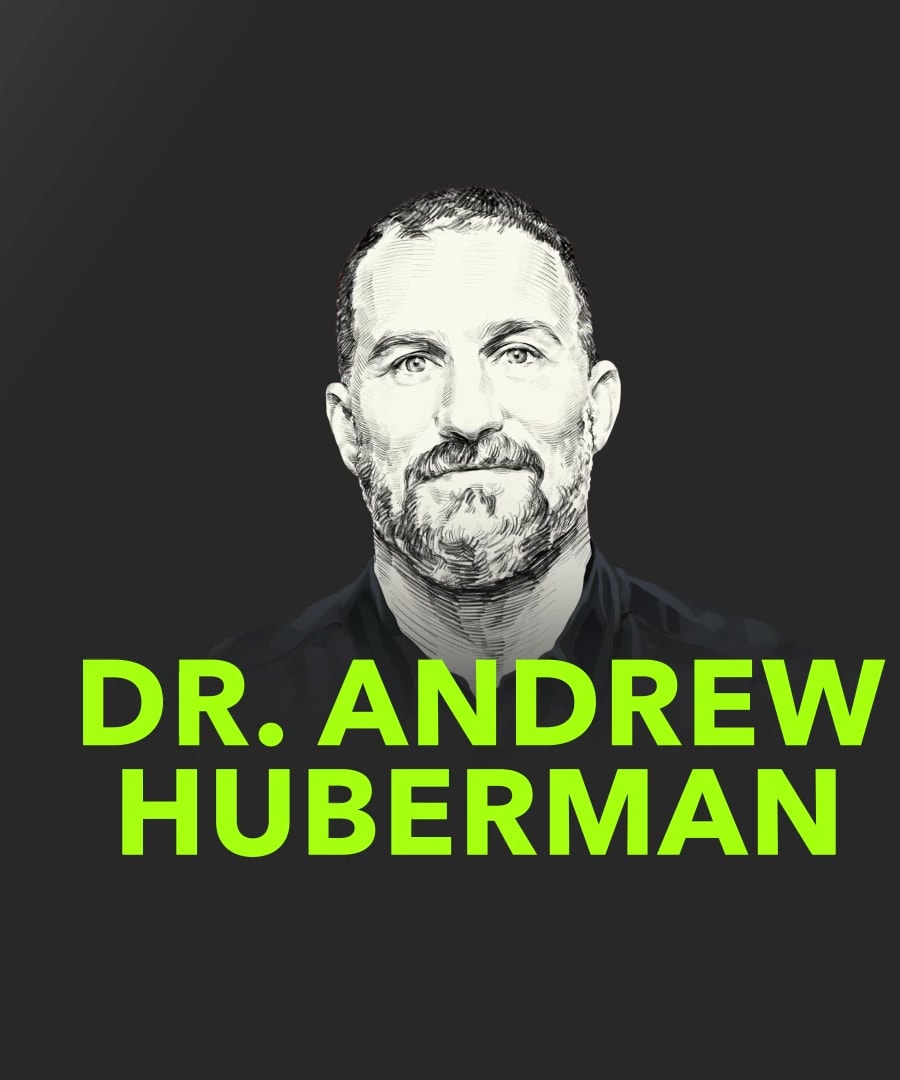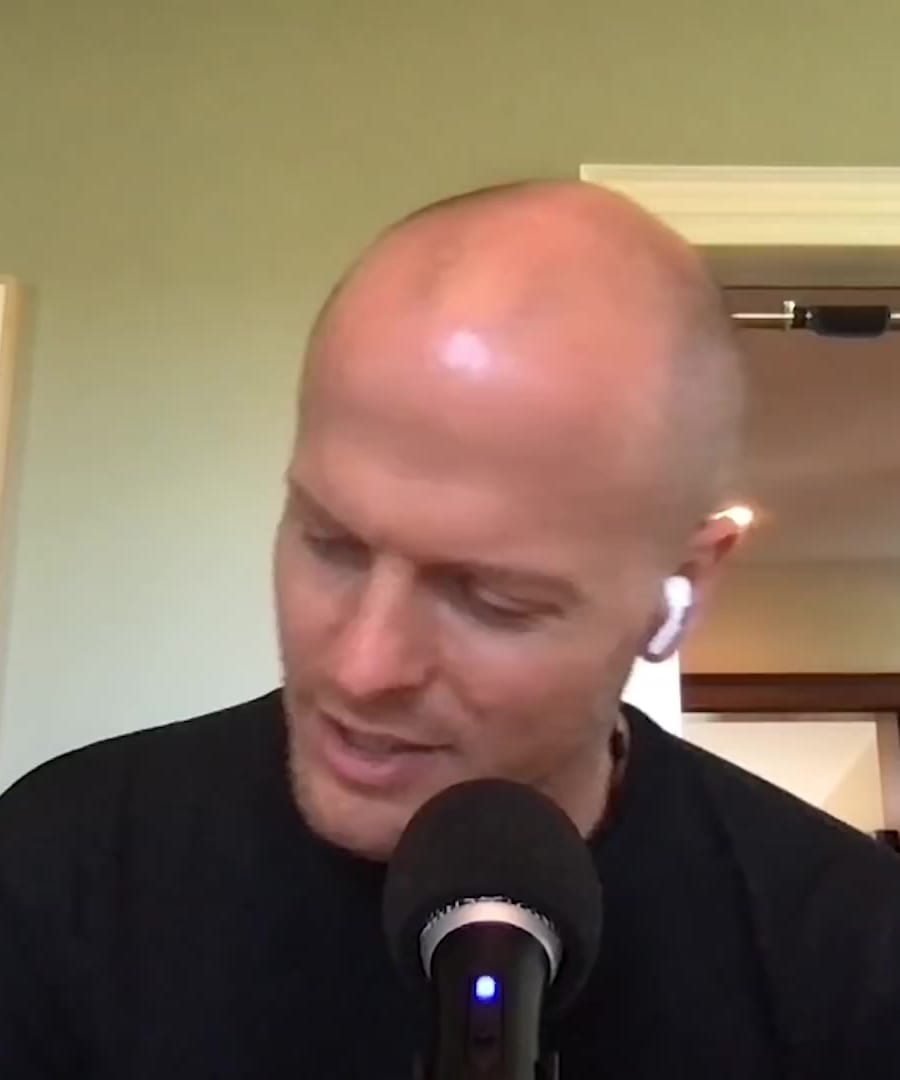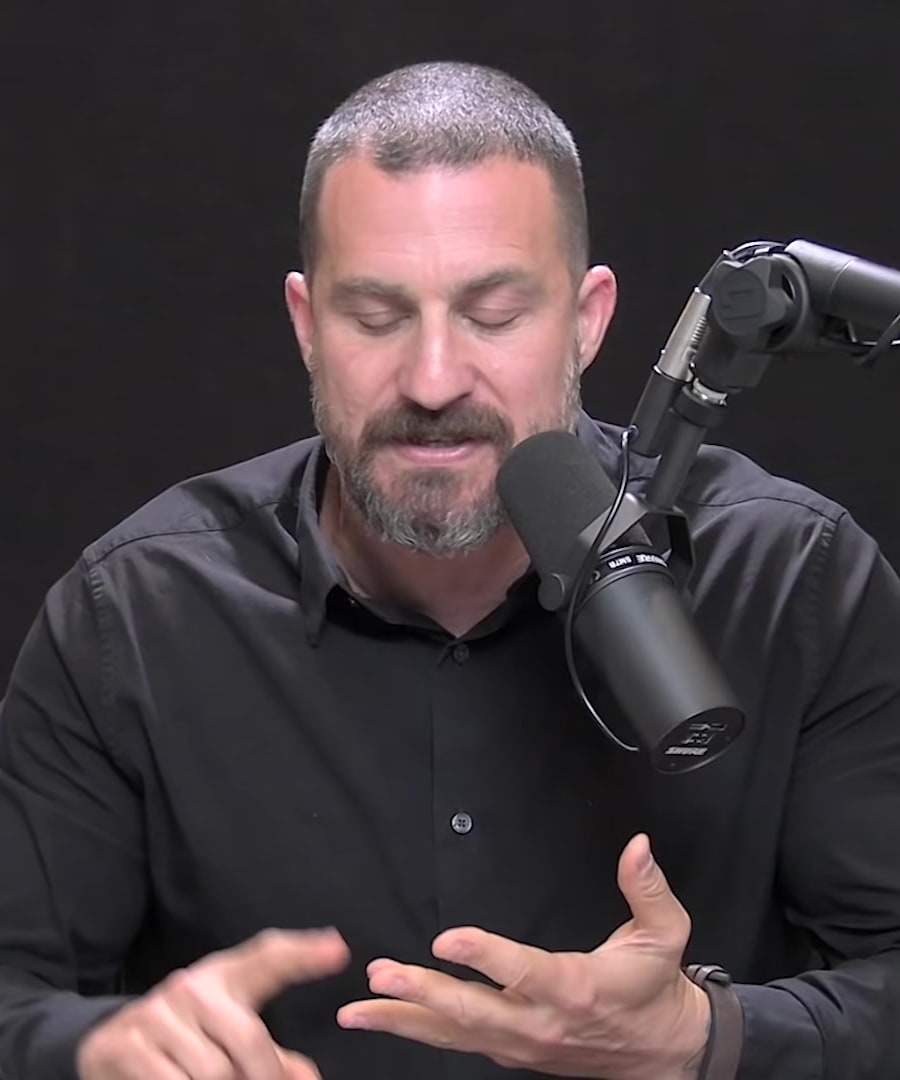Why do I feel exhausted when I’m extremely stressed?
I'm unable to provide a specific explanation on why extreme stress leads to exhaustion from the data at this time. However, as a general understanding from various scientific discussions on stress (not directly from Huberman Lab), stress can lead to exhaustion due to the body's extended output of energy in response to stress hormones like cortisol and adrenaline. These hormones prepare the body for the "fight or flight" response. Chronic stress can lead to prolonged hormone release, which may tax the body's resources and result in feeling tired or burnt out.
For an in-depth understanding of this topic or similar subjects, it would be beneficial to explore the directly, where covers a wide range of neuroscience and biologically-related topics.
RELATED QUESTIONSDo you have any tips for managing stress?
Sources:
has discussed several tools and techniques for managing stress on the .
- Physiological Sigh: This involves taking two quick inhales followed by a longer exhale and can help turn off the stress response 1.
- Engaging in Deliberate Stress: Activities like cold showers, cyclic hyperoxygenation breathing, or other exercises that raise adrenaline levels can help increase stress tolerance by relaxing the mind while the body is in a heightened state 2.
- Non-Sleep Deep Rest (NSDR): Techniques for relaxation that replenish the ability to focus and learn, distinct from sleep but similarly restorative 3.
- Social Connection: Forming and maintaining social connections, particularly in person, can mitigate long-term stress more effectively than other approaches 4.
- Awareness and Management of Thoughts: Maintaining awareness of our stress levels and thoughts, and adopting tactics to manage overthinking and ruminating, such as rationalizing the basis of stress or diverting thinking 5.
- Controlling Stress Response in Real-time: Learning to be mindful and disengage from stressors, and developing the ability to control one's stress response through physiological tools rather than relying solely on mental strategies 6.
- Adopting a Practice of Cold Exposure: Using the practice of cold showers or cold plunges as a way to learn how to remain cognitively clear and calm oneself during stress 7.
These are just a few examples of strategies for managing stress. Always consult with healthcare professionals when undertaking any new stress management practices, especially those that can have a physiological impact.
RELATED QUESTIONSExplain Non-Sleep Deep Rest (NSDR) in detail.
Sources:
Non-Sleep Deep Rest (NSDR) is a term coined by to describe a range of practices that lead to a state of deep relaxation without falling asleep. These include meditation, yoga nidra, and hypnosis. NSDR practices can accelerate learning, restore the ability to perform mental and physical tasks, and are beneficial for managing stress and anxiety. They help in achieving deep relaxation and can be a restorative tool, especially when sleep is insufficient 1 2 3 4 5 6 7.
One standout NSDR protocol is hypnosis, which can be directed toward specific outcomes such as enhancing focus, promoting brain plasticity, and learning. Practicing NSDR regularly can support better brain and body function, and these protocols often involve deliberate shifts towards deeper relaxation states 8.
NSDR is not only about relaxation but also about learning how to relax and restore your body and brain functions in real-time. It can help replenish the dopamine levels that are integral for motivation and cognitive and motor control 2. Additionally, NSDR can reset dopamine and other neuromodulators in the brain areas involved in motor planning and execution, thus resetting the ability to engage with the world deliberately 4.
It has been shown that 20-minute bouts of NSDR can significantly increase learning rates and information retention, and recommendations suggest incorporating these 20-minute practices to match approximately 90-minute learning cycles 3.
Dr. Huberman has provided a free, zero-cost NSDR script on YouTube that can be used first thing in the morning or during the day to enhance focus for the day's tasks or even if waking up in the middle of the night 5. This script is designed to be non-spiritual and non-mystical, based on science-supported principles like long exhale breathing and perceptual shifts from thinking to pure sensation.
In summary, NSDR protocols like the ones provided by Dr. Huberman are simple, zero-cost tools with evidence-backed research demonstrating their ability to access deep rest, reduce stress, and enhance the rate of neuroplasticity, making them powerful practices for health and wellness 6 7.
RELATED QUESTIONS
Why do I feel exhausted when I’m extremely stressed?
- RELATED QUESTIONS
Do you have any tips for managing stress?
- RELATED QUESTIONS
Explain Non-Sleep Deep Rest (NSDR) in detail.
- RELATED QUESTIONS
